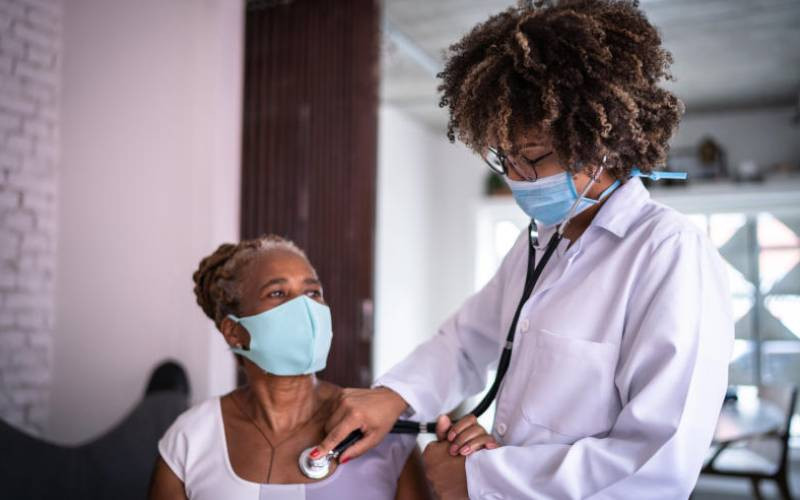
There's a tragic case of a girl who died in a UK hospital two years ago due to a severe infection (sepsis). A final review of the case indicated that her death was preventable.
And more so if a completely different team from her primary doctors had been consulted to give a second opinion.
The case has highlighted the debate about the value of second opinions, especially when patients or family members sense the need to pursue such an action. But what's actually a second opinion? This is when you visit another medical specialist to ask for their opinion on an ongoing medical condition.
You then have an opportunity to compare recommendations between your regular specialists against the alternate specialist.
Sometimes you will end up with the same views, but other times, the alternate specialist might recommend an entirely different course of action. There are many reasons why second opinions are sought. For starters, you may just be looking for an affirmation of your diagnosis and proposed treatment.
This then gives you the confidence to proceed as advised. At times, you might not be entirely confident with your primary physician, in which case a second view becomes of paramount importance. In other situations, there may be conflicts between you and your doctor on proposed interventions. The way out of that is to seek second opinions.
Whatever the case, never hesitate to seek a second opinion if you get the sense that it is required. You are at liberty to seek second opinions at any point in your medical encounters. You do not need anybody's permission. Family members and close friends can also initiate the process. It isn't unusual for your primary medical team to advise a second opinion, especially in complex medical conditions. The specialist you chose to consult for a second opinion would need all the details pertaining to your condition.
A summary from your primary doctor is helpful. Having copies of all your tests and results helps to avoid further unnecessary testing. You must ensure that you are consulting a similarly qualified specialist. Getting a second opinion from an inferiorly qualified specialist, or one practicing an entirely different specialty, would be worthless.
- Teach your children good values at an early age
- Keeping your children busy over the holidays
- Safely include your children in the kitchen with these tips
- Millennial Mums: Money, parenting and partying
Keep Reading
There are two main outcomes of a second opinion. You'll either get concurrence on the original recommendation or end up with a divergent view. It's easy to deal with a view that is similar to the original one.
Divergent views are more difficult to deal with. In such situations, you may revert to seeking clarifications from each of the clinicians before making a final decision. Whatever the matter, don't waste too much time seeking second opinions unnecessarily.
Dr Alfred Murage is a consultant gynaecologist and fertility specialist.
 The Standard Group Plc is a multi-media organization with investments in media platforms spanning newspaper print
operations, television, radio broadcasting, digital and online services. The Standard Group is recognized as a
leading multi-media house in Kenya with a key influence in matters of national and international interest.
The Standard Group Plc is a multi-media organization with investments in media platforms spanning newspaper print
operations, television, radio broadcasting, digital and online services. The Standard Group is recognized as a
leading multi-media house in Kenya with a key influence in matters of national and international interest.

